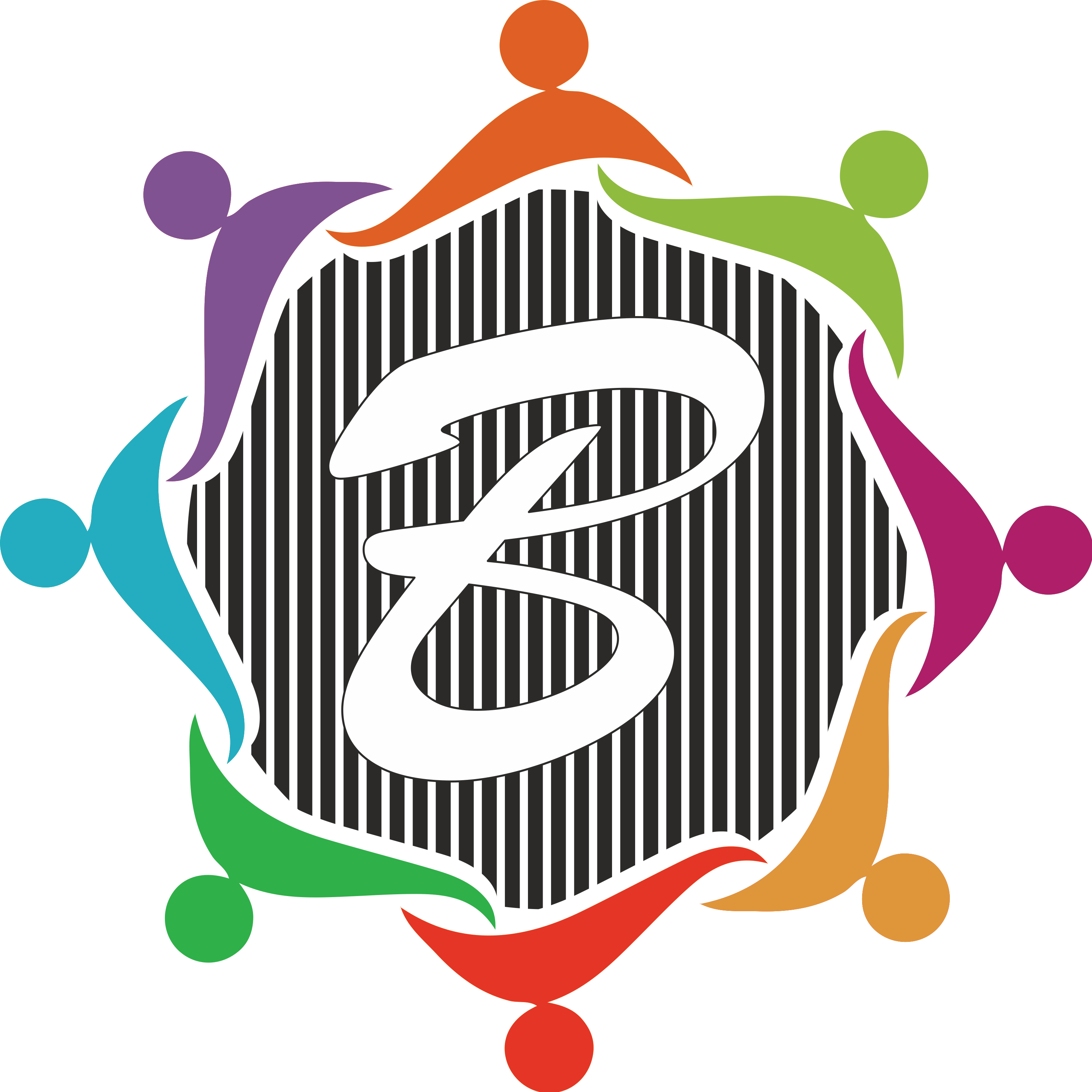Introduction: Understanding Informal Education
Education is not limited to classrooms, textbooks, or formal degrees. Informal education plays a crucial role in shaping knowledge, skills, and personal growth. From life experiences to conversations, self-learning, and real-world exposure, informal education is a continuous process that enhances practical understanding.
What is Informal Education?
Informal education refers to the unstructured, spontaneous learning that happens outside traditional academic settings. It includes:
- Learning from experiences, mistakes, and real-life situations
- Acquiring skills through mentorship and observation
- Gaining knowledge through books, media, and self-exploration
- Developing interpersonal and problem-solving skills through social interactions
Benefits of Informal Education in Daily Life
1. Practical Knowledge Beyond Books
Informal learning helps individuals acquire real-world skills such as communication, negotiation, and adaptability. Unlike formal education, which follows a fixed syllabus, informal education evolves with experiences and necessity.
2. Enhancing Critical Thinking and Creativity
Problem-solving, logical reasoning, and innovation are enhanced when individuals learn from hands-on experiences, failures, and successes. Informal education nurtures creativity and the ability to think outside the box.
3. Boosting Career Growth and Entrepreneurship
Many successful entrepreneurs and professionals credit informal education for their achievements. Learning new skills through online platforms, networking, and self-study can significantly boost career prospects.
4. Building Social and Emotional Intelligence
Interacting with diverse people, understanding different perspectives, and handling real-life challenges strengthen emotional intelligence and social skills, essential for both personal and professional success.
Sources of Informal Education
- Reading Books, Articles, and Blogs – Self-study enhances knowledge and vocabulary.
- Watching Educational Content – Documentaries, YouTube tutorials, and online courses contribute to self-learning.
- Hands-on Learning and Experimentation – Trying new activities and gaining practical experience.
- Networking and Mentorship – Learning from experienced individuals in a particular field.
- Travel and Cultural Exposure – Exploring new places and interacting with different cultures expand perspectives.
How to Maximize Informal Learning?
- Stay curious and open to learning new things.
- Engage in meaningful discussions with experts and peers.
- Take advantage of online learning resources and self-paced courses.
- Learn from failures and past experiences to improve decision-making.
- Keep a growth mindset and seek continuous improvement.
Conclusion: Embrace Lifelong Learning
Informal education is an ongoing journey that helps individuals grow beyond structured learning. Whether through experiences, social interactions, or self-study, embracing lifelong learning leads to personal and professional excellence. Start valuing informal education today and unlock endless opportunities for growth.


